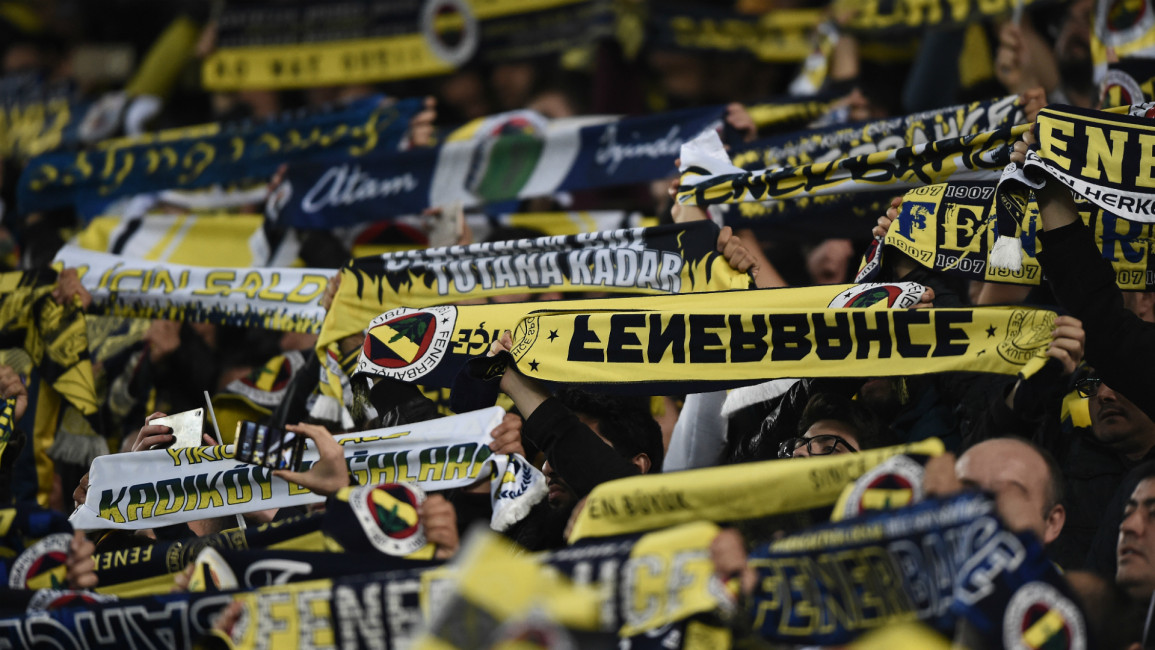Gulen named as suspect in Fenerbahce football match-fixing scandal
An Istanbul prosecutor filed an indictment naming Gulen among 108 other suspects in the case which is related to match fixing involving the Istanbul-based club Fenerbahce in 2011.
In July 2012 Fenerbahce's chairman Aziz Yildirim was sentenced to more than six years in prison on charges of fixing six matches and offering payments to players and club officials.
The Istanbul club was also banned by UEFA from competing in Europe.
However, Yildirim, who maintained his innocence throughout proceedings, only served one year of his sentence and in 2015 was acquitted of all charges in October 2015.
The prosecutor's indictment at the time stating that charges against the Fenerbahce chief were based on insufficient evidence, and that defendants had been convicted before the Turkish state had implemented a law on match-fixing.
Speaking in August this year Yildirim blamed a "Gulenist plot" for the match fixing scandal, a charge repeated by Istanbul prosecutors on Friday.
"We have started work to gain compensation for Fenerbahce's huge losses because of the Gulenist plot," said Yildirim speaking in August. He claimed that the scandal had cost Fenerbahce close to $500 million in share prices.
In the ongoing investigation prosecutors allege that Gulen supporters infiltrated Turkey's judiciary and orchestrated fabricated cases against football executives such as Yildirim.
Since the failed July coup attempt, Ankara has sought to clamp down on perceived voices of dissidence and opposition within Turkey.
Thousands of army conscripts, civil servants, journalists, and members of other professions have been arrested, accused of links to an alleged Gulenist plot to topple the Turkish state.
Footballers themselves have not escaped the purge. In one noticeable incident, in August an arrest warrant was issued for Hakan Sukur, one of Turkey's most revered ever footballers.
Sukur, who scored 51 goals in 112 appearances for Turkey and played in Italy and the UK - in addition to Turkey - had previously expressed support for Gulen.
Ankara has repeatedly called on Washington to extradite Gulen - who is based in Pennsylvania - but to date the request has been turned down amid concerns voiced by rights groups that amid a climate of security clampdowns, seemingly arbitrary arrests, and infringements on freedoms of expression and civil liberties in Turkey. His supporters argue it is unlikely he would face a fair trial.



